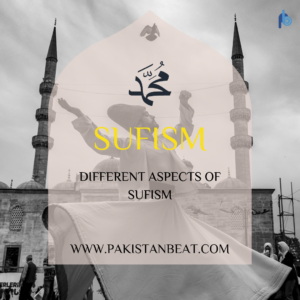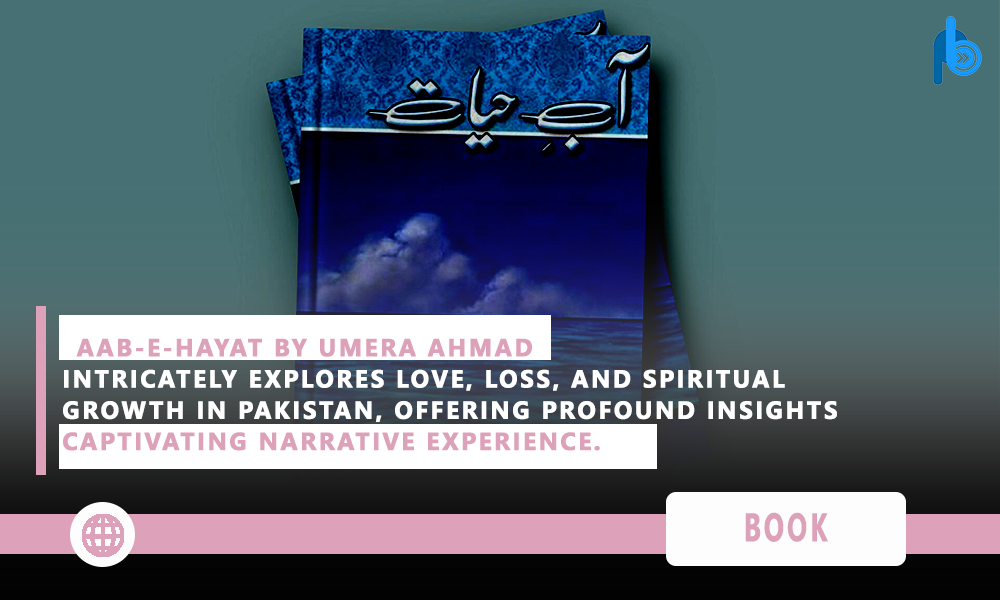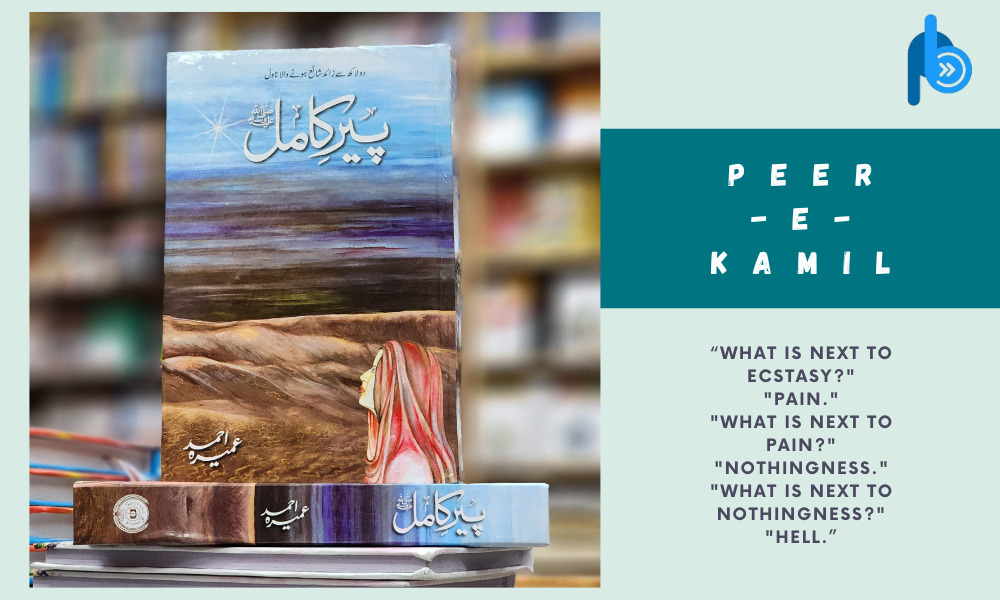Introduction of Sufism
Sufism, an esoteric and non-secular dimension of Islam, holds a profound significance within the cultural and religious panorama of Pakistan. It transcends mere ritualistic practices, delving deep into the mysterious regions of spirituality, inner purification, and love for the divine. As Pakistan boasts a rich Islamic history, Sufism has flourished properly here, shaping the ideals and practices of loads of thousands.
History of Sufism in Islam
The roots of Sufism hint back to the early days of Islam, rising as a reaction to the non-secular craving of people looking for a greater profound reference to Allah. Over centuries, Sufism evolved, stimulated with the aid of manner of several philosophical and cultural currents. In Pakistan, the advent of Sufism can be traced to the advent of renowned Sufi saints from Persia and Central Asia, who achieved pivotal roles in spreading the message of affection, peace, and concord.
Ishq in Sufism
“Ishq” or divine love, lies at the coronary heart of Sufism. It shows an excessive, passionate love for the divine, transcending worldly attachments. Sufi poets and mystics regularly express their craving for God through poetry and music, charming the hearts of devotees and seekers alike. In Pakistan, the idea of “Ishq” permeates Sufi poetry, serving as a guiding moderate for spiritual seekers on their quest for union with the Divine.
Is Sufism Part of Islam?

Despite its deep-rooted connection to Islam, Sufism regularly faces questions regarding its compatibility with orthodox Islamic beliefs. However, college students assert that Sufism embodies the essence of Islam, emphasizing the inner dimensions of faith, which consist of sincerity, humility, and compassion. In Pakistan, Sufism coexists harmoniously with mainstream Islamic practices, enriching the non-secular tapestry of America.
Sufism and Mysticism
Sufism stocks not unusual ground with mysticism, each emphasizing the pursuit of spiritual fact and enlightenment. While mysticism includes a broader spectrum of spiritual traditions, Sufism in particular refers to the mystical dimension of indoor Islam. In Pakistan, Sufi mystics have left an indelible mark on the cultural panorama, inspiring devotees with their profound knowledge and non-secular insights.
How to Get into Sufism
For the ones interested in the direction of Sufism, embarking on the journey calls for honest devotion, introspection, and guidance from a certified religious mentor, referred to as a “pir” or “murshid.” Practices that consist of meditation, dhikr (remembrance of God), and contemplation of Sufi literature feature foundational steps closer to religious awakening. In Pakistan, several Sufi orders welcome seekers from all walks of life, presenting them with the opportunity to embark on a transformative journey of with self-discovery.
Rumi on Sufism
The thirteenth-century Persian poet and mystic, Jalaluddin Rumi, remains one of the most respected figures in Sufi literature. His timeless verses, brimming with love, know-how, and religious perception, continue to resonate with seekers globally. Rumi’s teachings emphasize the power of affection as a catalyst for non-secular growth, inviting people to move beyond the confines of ego and embody the boundless ocean of divine love.
Difference between Sufism and Mysticism
While Sufism is a particular mystical manner of life within Islam, mysticism features a broader spectrum of spiritual practices observed in the course of numerous religious traditions. While every emphasizes the pursuit of internal fact and spiritual focus, Sufism mainly attracts upon the teachings of Islam, together with the Quran and the Hadith, as a guiding mind for spiritual attainment.
Is Sufism Haram?
Contrary to misconceptions propagated through the use of certain factions, Sufism isn’t taken into consideration “haram” (forbidden) interior Islam. On the other, Sufism emphasizes the inner dimensions of religion, inclusive of affection, compassion, and non-secular enlightenment, which may be deeply rooted in Islamic teachings. While a few may additionally moreover misinterpret advantageous Sufi practices, the bulk of Islamic scholars confirm the legitimacy of Sufism as a valid non-secular direction of internal Islam.
In giving up, Sufism serves as a beacon of slight in Pakistan, illuminating the hearts of tens of hundreds of thousands with its message of affection, compassion, and non-secular enlightenment. Despite handling demanding situations in the modern-day generation, Sufism continues to thrive, presenting seekers with a path inside the course of internal transformation and divine popularity.









1 comment
An intellectual article